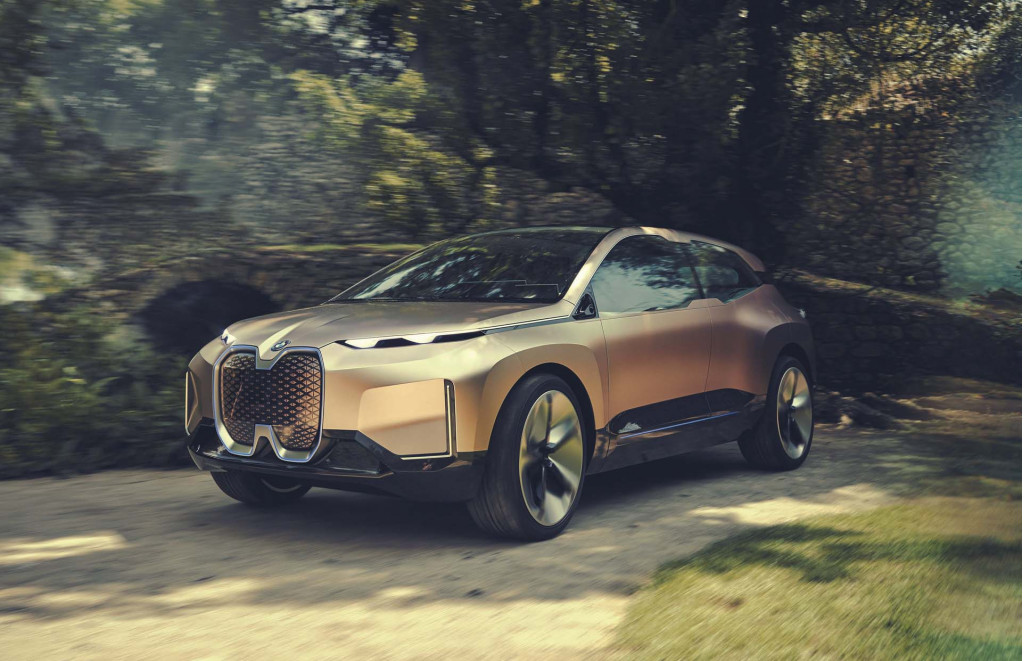Once a leader in electric cars, BMW now says it expects 85 percent of its cars still to have internal combustion engines by 2030.
Speaking to Australian reporters for GoAuto at the Paris auto show earlier in October, BMW board member for development Klaus Froehlich said, “A very optimistic scenario says 30 per cent of BMWs will be pure electric or plug-in hybrids and 70 per cent will be combustion. If you assume that, from this 30 percent, half of them are plug-in hybrids – I have 85 percent in my portfolio in 2030 with a combustion engine."
Several of the world's largest automakers, including Volkswagen, Daimler, Hyundai, and GM are making huge investments in electric cars, as BMW also has in the past. Some smaller automakers such as Volvo and Jaguar Land Rover have also committed to putting electric power in every model they build.
READ THIS: Electric cars are clean, but can they be profitable? New report casts doubt
A report published by consultancy AlixPartners earlier this month cast doubt about whether electric cars could be profitable given the enormous investments automakers are required to make. Executives from Daimler (which builds Mercedes-Benzes), and Volkswagen have also recently announced that electric-car investments will eat into their profits.
BMW is smaller than most, and has dialed back its investments in electric cars. In the company's latest plan under Froehlich's leadership, it will develop electric powertrains for many of its existing models, rather than develop separate electric models.
DON'T MISS: BMW Vision iNext electric concept redefines German luxury flagship
Froehlich's assessment runs parallel to Mercedes's and Volkswagen's announcements that investments will cost more than expected. In BMW's case, Froehlich says, the resulting electric cars will come more slowly than expected.

BMW Vision iNext concept
"I think the discussion about electro-mobility is a little bit irrational,” Froehlich said. But we are prepared. We already purchased … cobalt and lithium from 2025-35. We already have the second life [battery reuse] in place for consumers or for grid stabilization. We have built these battery farms. We are prepared to deliver. But the world – Russia, Australia, a large portion of the world – they will have combustion engines for a very long time.
CHECK OUT: BMW drops diesels in favor of plug-in hybrids
When it comes to international markets outside of Europe, Froehlich told the Australian journalists, “We have a spiral in Europe where every politician sees only one solution—diesel bashing. From a CO2 and customer perspective, a modern diesel is a very good solution. Especially for heavy, high-performing cars."












